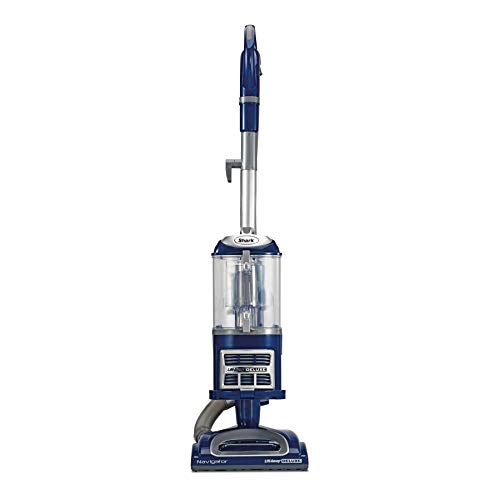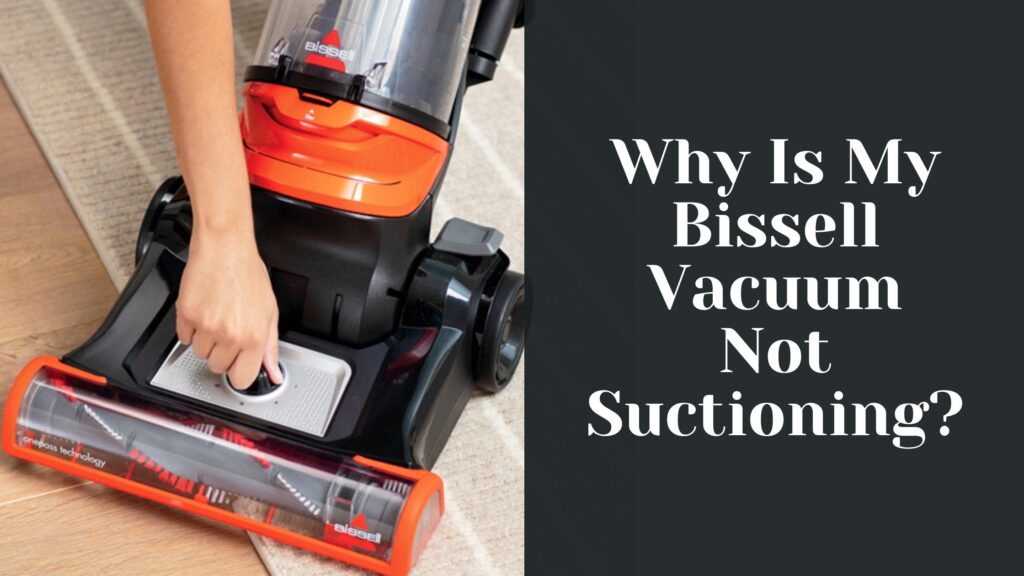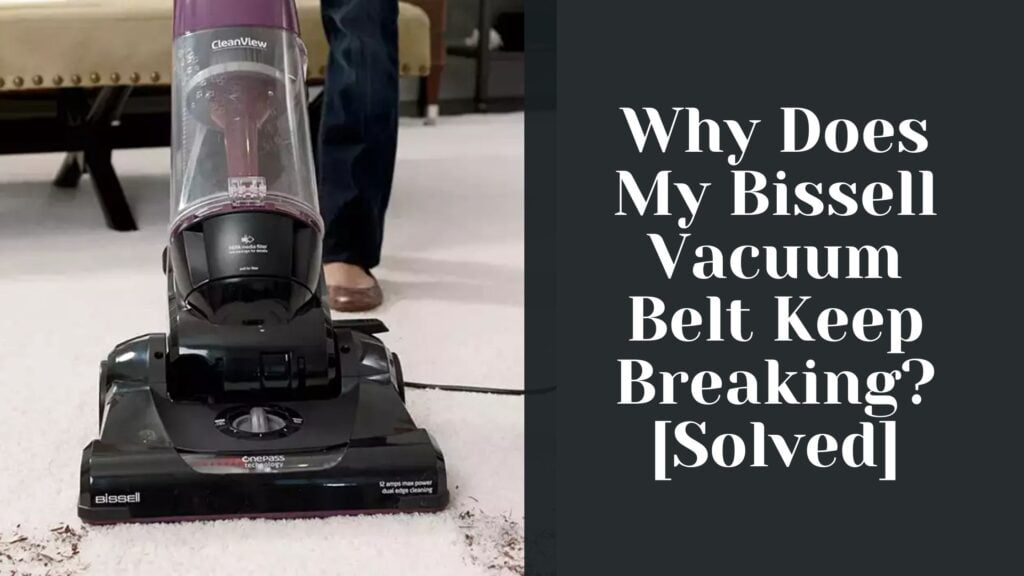Around 100 million people in the United States have arachnophobia.
And while some are happy to simply catch a spider they have come across and release it into the wild, others cannot help but have to resort to drastic measures.
But do vacuums kill spiders?
Vacuum cleaners can kill spiders depending on the type of spider you are trying to kill and the type of vacuum you use. The bigger the spider, the more likely it will survive the suction. But it can still die from dust suffocation, especially when using a bagged vacuum cleaner.
Let’s take a closer look at when and why vacuums kill spiders and what options you have.
Do Vacuums Kill Spiders?
As I mentioned in the intro, vacuums can kill spiders, but it also depends on the vacuum type and the size of the spider.
Small spiders do not have a hard exoskeleton and are more fragile than big spiders. This means that you should be able to vacuum up most types of house spiders.
In addition, bagged vacuums are more effective when killing spiders as opposed to bagless vacuums.
That’s because a bag full of dirt will eventually suffocate even giant spiders.
Such spiders may also die from hunger due to their inability to escape from the amount of dirt in the bag.
How to Kill a Spider With a Vacuum
If you can handle letting a spider run free rather than killing it, I recommend you vacuum the spider using a handheld vacuum at the lowest possible power setting.
Once you have vacuumed the spider, do the following:
- Close the nozzle of the vacuum with a piece of cloth
- Step outside of your house to let the spider go
- Clean your vacuum’s canister/bin
However, if you still want to kill a spider with a vacuum, simply use a more powerful vacuum and suck small spiders with it.
If you are dealing with a big spider and have a bagged vacuum, vacuum it up and dispose of the bag.
But if you are trying to kill a big spider and have a bagless vacuum, I suggest you purchase a strong bug spray instead.
Alternatively, use your bagless vacuum and release its content into your outside trash.
Why Do Vacuums Kill Spiders?
Vacuums easily kill small spiders due to the suction trauma.
However, when it comes to bigger spiders, these have a harder exoskeleton that protects them from suction.
That is why a bigger spider will be more likely to survive the suction process and die from suffocation instead.
Will Bagless Vacuum Kill Spider?
Small spiders will die instantly regardless of whether you use a bagged or bagless vacuum cleaner. However, big spiders will likely survive the suction trauma.
The good news is that you can usually see the content of a bagless vacuum through the transparent bin and take the next step based on whether the spider is still alive.
How Long Does It Take For A Spider To Die In A Vacuum?
Small spiders that have a soft exoskeleton will die in a matter of seconds as soon as they get sucked up through the hose and into the vacuum canister/bin. Big spiders may survive the suction but eventually, die of suffocation or starvation.
Bear in mind that spiders’ metabolism is really slow, and they only need a small amount of oxygen to survive.
As a result, spiders can live for weeks and months without drinking or eating.
Can Spiders Crawl Out Of Vacuum Cleaners?
If a big spider survives the suction process, it can crawl out of a vacuum cleaner if its canister/bin is empty. However, if your vacuum is already full of dirt and dust, the spider will be trapped and unable to crawl out. In fact, it will eventually die.
Dispose of the vacuum content/bag immediately after vacuuming a spider to avoid nasty surprises!
Can Spiders Survive The Vacuum?
As I previously mentioned, small spiders usually die immediately after being vacuumed up. However, bigger spiders can survive the vacuum and live in your vacuum canister/bin for weeks or months before suffocating or dying of thirst/hunger.
That is why you should make sure to empty your vacuum straight after sucking up the spider.
Conclusion
Vacuums do kill spiders, but the time it takes for them to die varies depending on the type of spider and vacuum.
To recap:
- Small house spiders will die immediately due to the suction trauma
- Big spiders may survive the suction process but eventually, suffocate or die from thirst/hunger
- Spiders have a slow metabolism and need very little food and oxygen, meaning they can survive weeks or even months in your vacuum bag/canister/bin
- Using a bagged vacuum will accelerate the spider’s suffocation process compared to using a bagless one




















